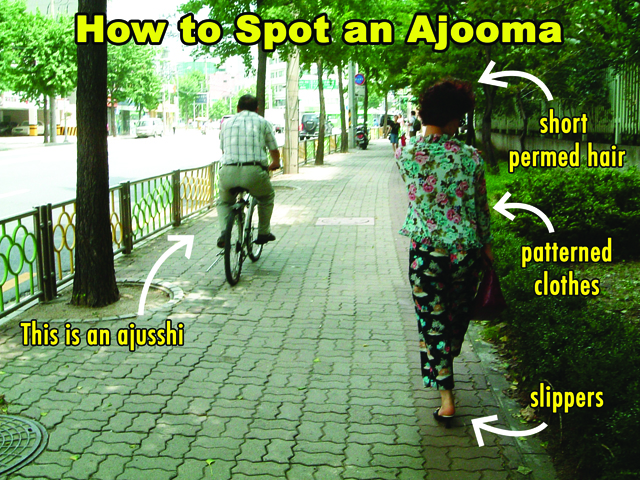Micheossuh (미쳤어) means "crazy." The unconjugated version of this verb is michida (미치다), which means "to go crazy" or "to be out of one's mind." Watch KWOW episode 43 to learn more:
There's a lot of songs that use micheossuh and the various conjugations of michida. But no other K-pop song uses this word more than Son Dambi's "Crazy":
Here are some phrases from Son Dambi's song:
At 0:24
내가 미쳤어 정말 미쳤어
(Nega micheossuh jungmal micheossuh)
I'm crazy really crazy
At 0:40
미쳤어, 내가 미쳤어, 그땐 미쳐 널 잡지 못했어
(Micheossuh, nega micheossuh, geudden micheo nuhl jabji motaessuh)
Crazy, I'm crazy, I'm going crazy because I didn't hold onto you
In 2NE1's "Fire" song at 1:30, they say…
"난 미미미미미미미치고싶어"
(Nan mi mi mi mi mi mi michigoshipuh)
This translates to "I want to go c-c-c-c-c-c-crazy." Check it out here:
T’ara’s “I Go Crazy Because of You” is yet another song that uses variations of “michida.”
At 0:30
너땜에 온종일 미쳐
(Nuh ddemae onjongil micheo)
I go crazy all day because of you
At 0:32
내 영혼 마저 미쳐
(Neh yoounghon majuh micheo)
Even my soul goes crazy
At 0:39
너땜에 내가 미쳐
(Nuh ddemae nega micheo)
I go crazy because of you
Can you think of other K-pop songs that use micheossuh and the varied conjugations of michida? Let us know in the discussion area below :)






























